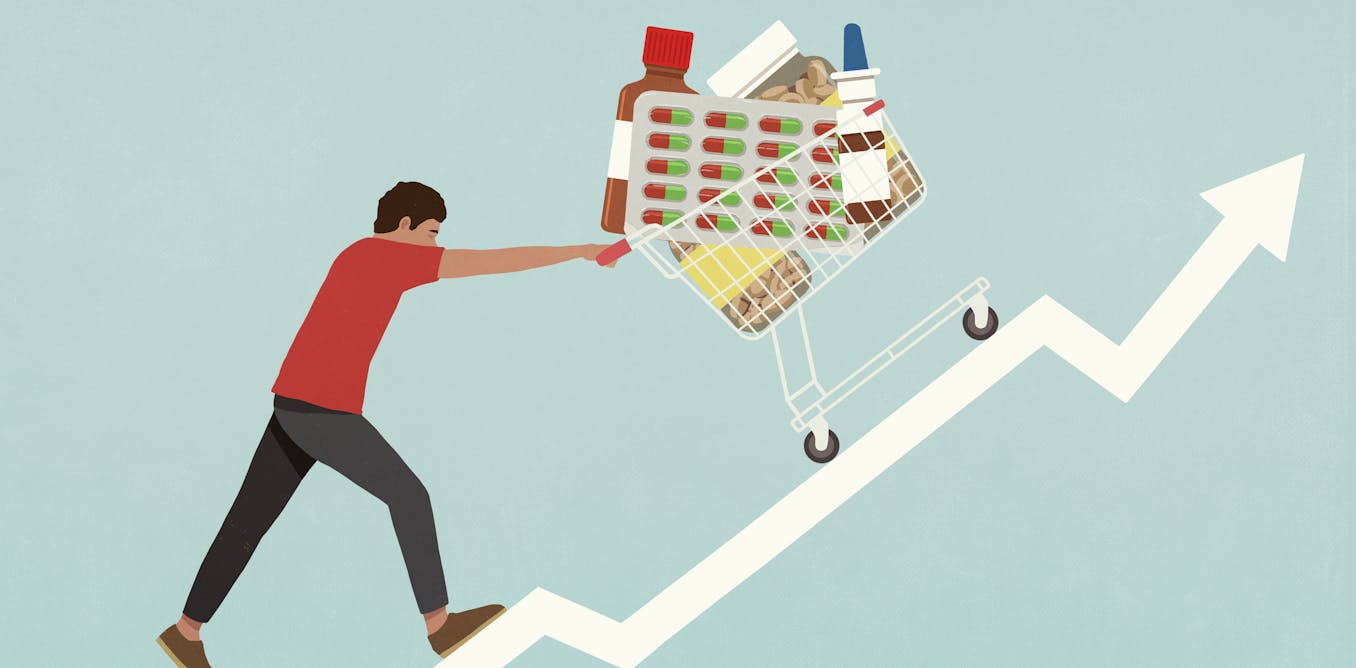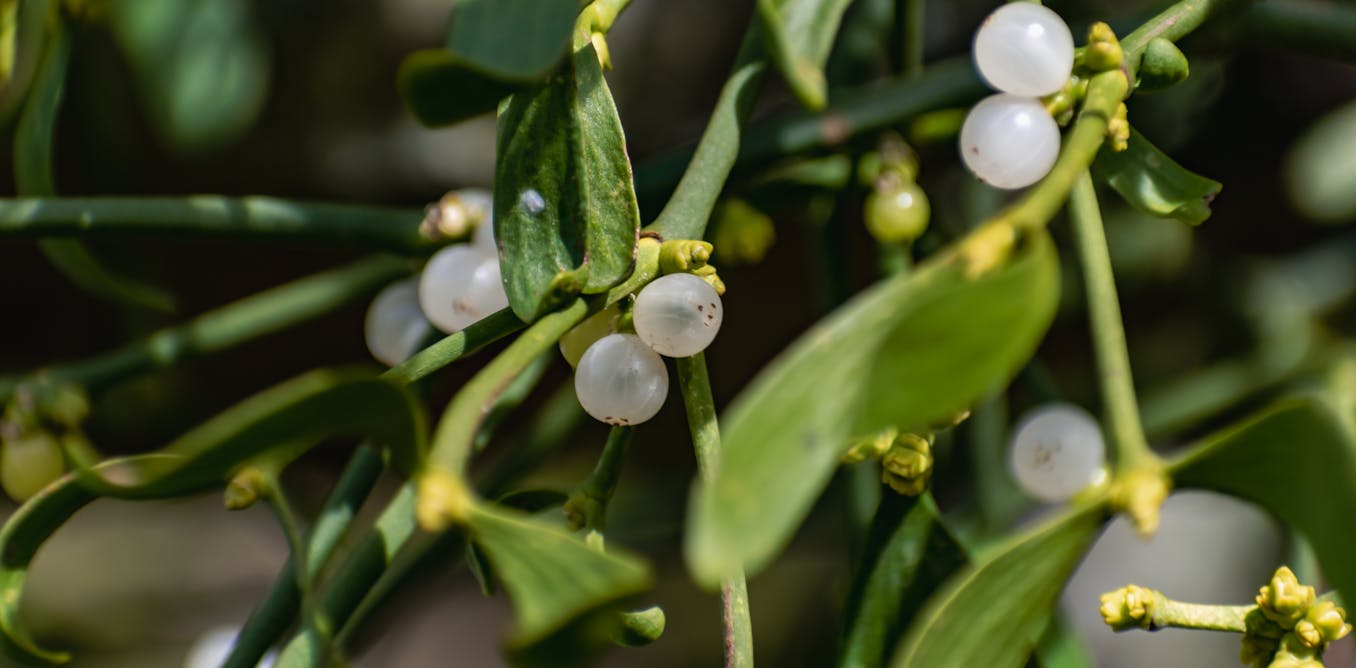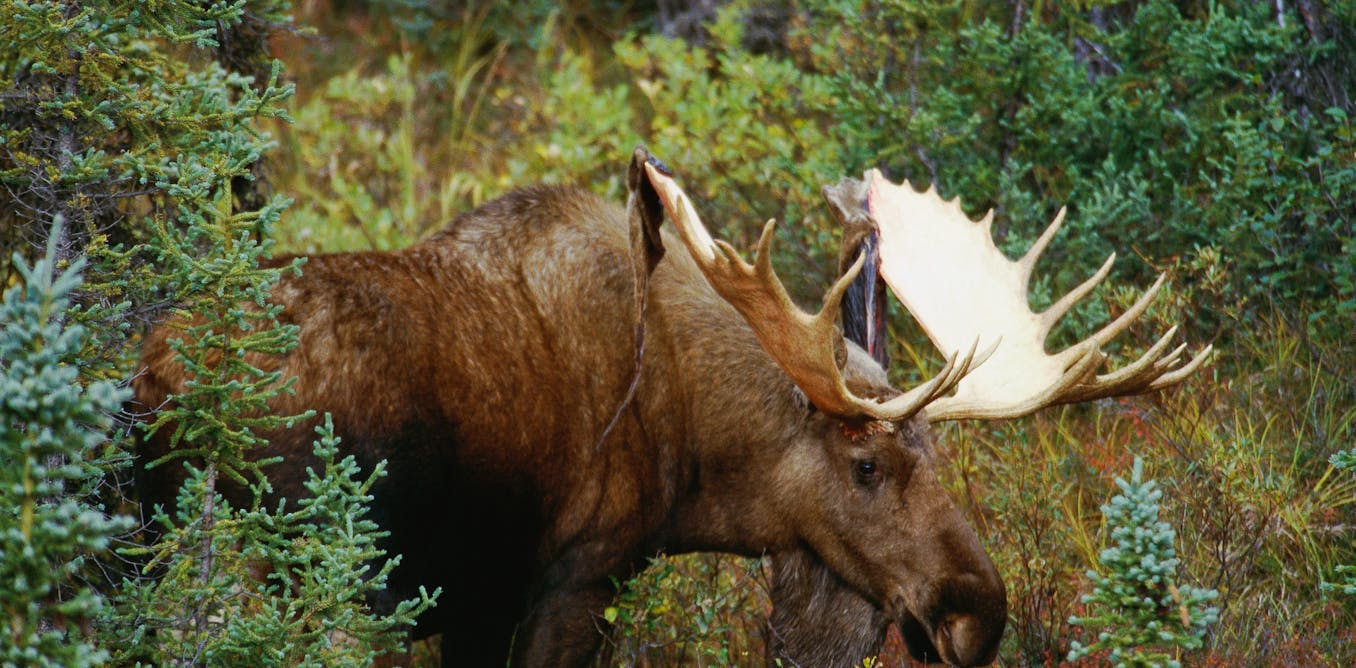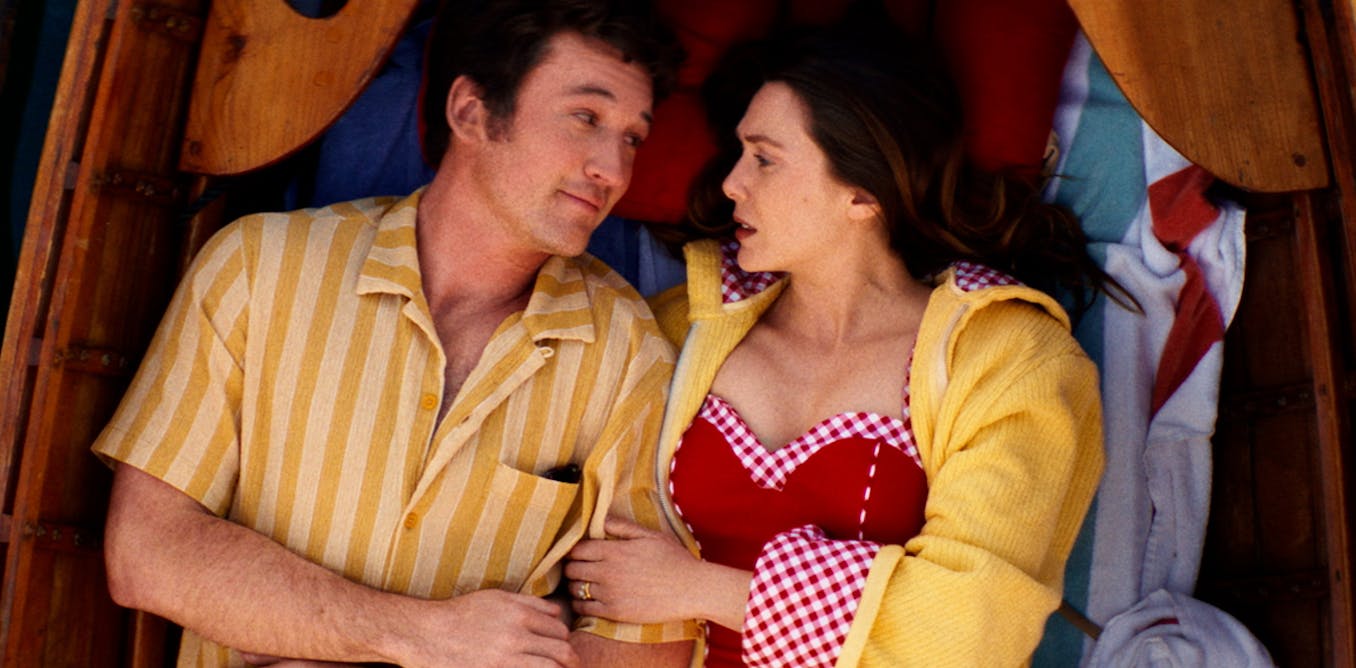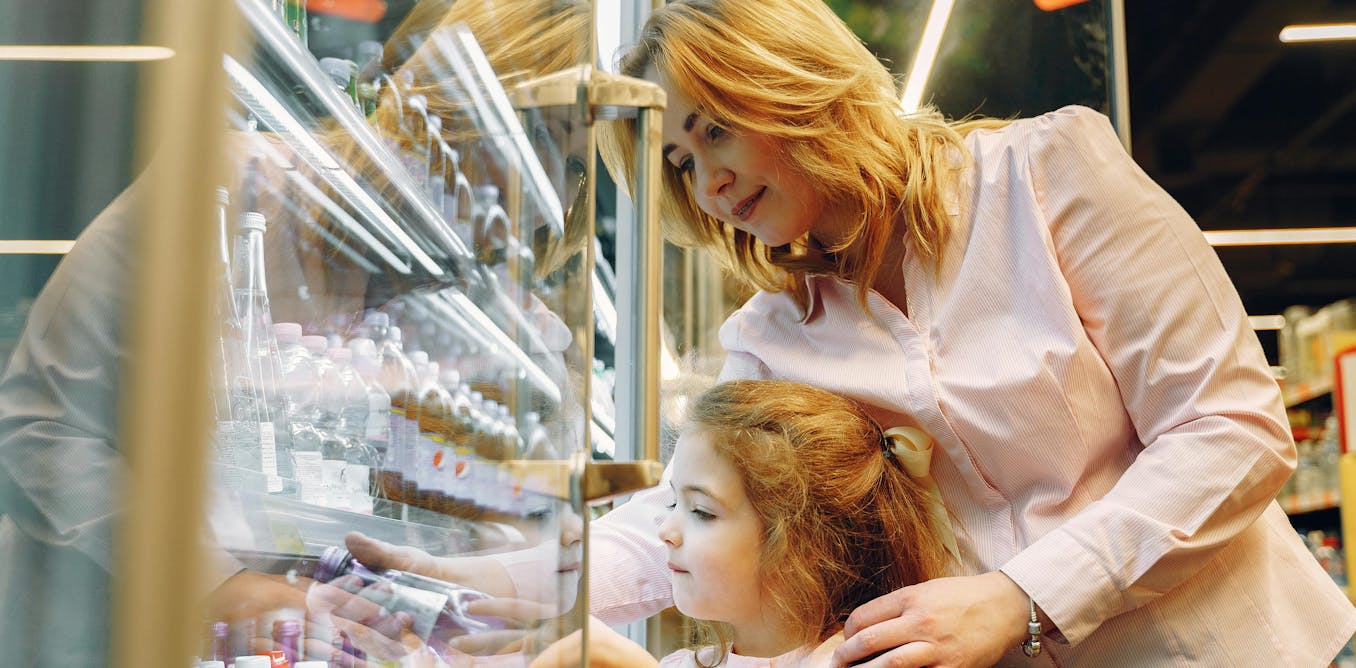The UK’s farming landscape has changed dramatically since Brexit. Agricultural policy has been adjusted, and EU subsidies, which funded UK farming for decades, are no more.
Before the split, those subsidies helped British farmers to the tune of nearly £3 billion a year, which for some, made up 90% of their annual income. That system is now being phased out, in a move which the UK government claims will be more environmentally sustainable.
Central to this new approach are “environmental land management schemes”, designed to encourage farmers to produce what are known as “public goods” – things like soil health and wildlife habitats – with financial payment levels dependent on which of these goods are attained. Defra aims for 70% farmer participation by 2028, with 11,000 farmers in England already enrolled.
But its appeal and practicality remain contentious. And the new way of doing things comes with profound implications for the farming community.
Money is tight, and the future is scarily uncertain.
Our work investigates the constraints and challenges facing farmers in the UK and abroad. Recently, we explored the constraints encountered by farmers since Brexit, specifically focusing on upland farms in England. We found that the focus on environmental sustainability, though commendable, overlooks critical economic and social dimensions.
The transition threatens to marginalise traditionally minded farmers, lose cultural heritage and weaken the rural community’s social fabric. And it’s a transition which doesn’t just affect the farmers themselves. The farming and food industries are valued at over £120 billion to the British economy.
Speaking to upland farmers (who work in hilly and mountainous regions) across four English counties (Yorkshire, Lancashire, Cumbria and Devon), we discovered that many are extremely concerned about the future of the farms they look after. Farms that for some, have been in their families for generations.
One 70-year-old farmer from Lancashire commented bluntly about the future of his 250-acre beef and sheep farm: “We’re not going to be viable.”
He added: “I might as well stop farming and diversify into holiday lets.”
Another farmer, aged 50, who keeps Herdwick sheep in the Lake District, highlighted the critical role of EU subsidies, noting that their planned removal by 2027 would severely limit their farm’s finances and their ability to pursue environmental initiatives.
She said: “With that basic payment taken out of the business, it’s really difficult. We can make about £10,000 profit, but our basic payment is more than that. So that’s going to take us into a situation where we’re not making any money.”
There were also concerns expressed about how difficult it is to understand the new farming policy in the UK. Four in ten UK farmers are aged over 65, and information laid out in the 150-page “Sustainable Farming Incentive” document can be overwhelming. Many traditional farmers do not use mobile phones, and are unfamiliar with the online world.
Farms and forms
One farmer told us: “In my porch I’ve got like a thousand leaflets stacked up that [Defra] just sent me to take out to people because a lot of the farmers that I’m working with are not online. They haven’t heard about a lot of this stuff.”
She added: “I went to a farm last week, which is only accessible with a 4×4. Nobody’s been there to talk to them about schemes and stuff ever.”
Another said farmer, aged 72, said: “All the form filling is too damn difficult. I don’t even bother with these newer schemes because I don’t understand it.”
Nella/Shutterstock
And while new schemes may be complex, many of the farmers we spoke to were very clear about the risks to the future of British farming. Overall, they seemed worried that farms, skills and knowledge that have been passed down through generations would be lost during this transition to more sustainable farming.
One said: “If farming isn’t going to be supported in the way it has been in the past, we’re going to lose an awful lot of farmers who have been on farms [for generations]. Their skill set and instinct will be gone, and it’ll be enveloped by agribusiness. That’s perhaps what [the government] want.”
Another explained: “If we lose the older generation that’s a massive loss.
“What used to happen with tenancies is people would work together, like me and my son. And then one would gradually step back and the other would gradually take over. It’s a gradual process.”
Overall, we found that for the more traditional farmers we spoke to, the future seemed pretty bleak. There was also a strong sense that while the farms they operated may not be hugely profitable, or provide the strongest environmental benefits, the work they do still had social and cultural value – which risks being lost forever.
Read more:
Why are farmers up in arms? The view from Wales
And as England navigates the complexities of post-Brexit agricultural policy, the balance between environmental goals and the preservation of traditional farming practices remains precarious. Many of the farmers we met felt that they were being pushed away from their traditional role as producers.
As one farmer put it: “If you’re taking productive land out of production for your tree planting or diversification of whatever kind, then where’s our food coming from?”
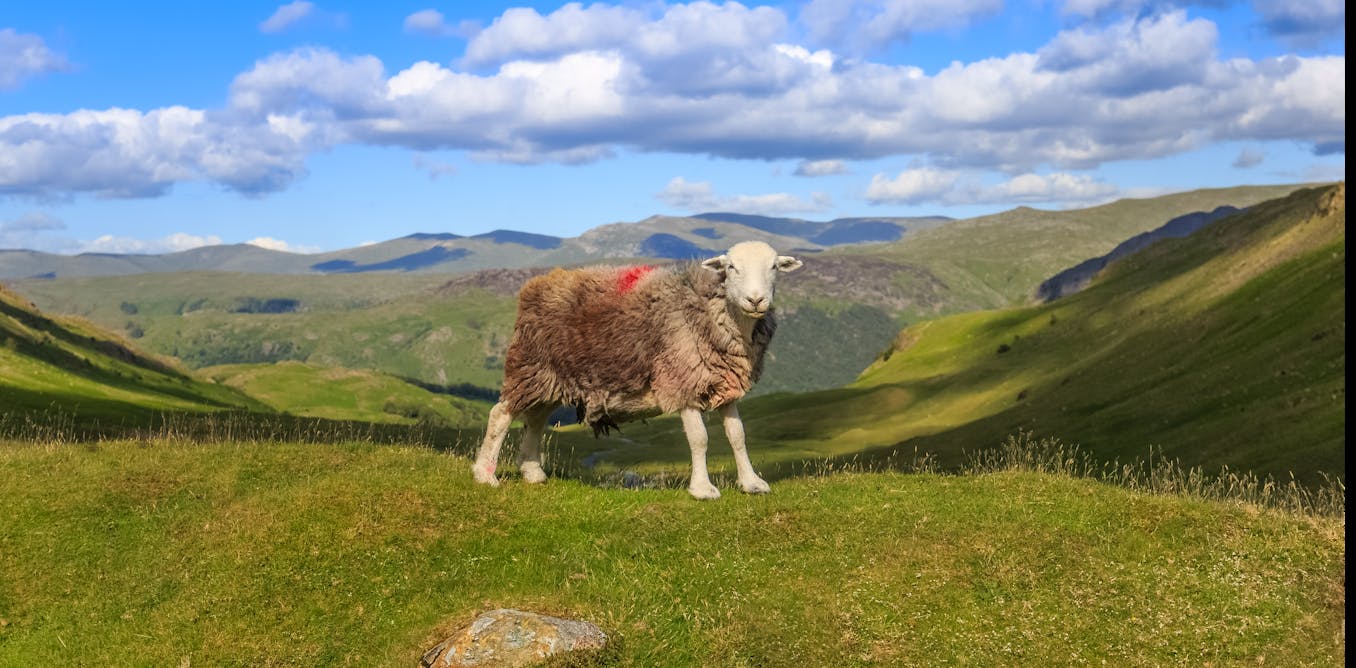
The post “‘I might as well stop and diversify into holiday lets’ – new research reveals the reality of farming after Brexit” by Peter Gittins, Lecturer in Management, University of Leeds was published on 04/23/2024 by theconversation.com








